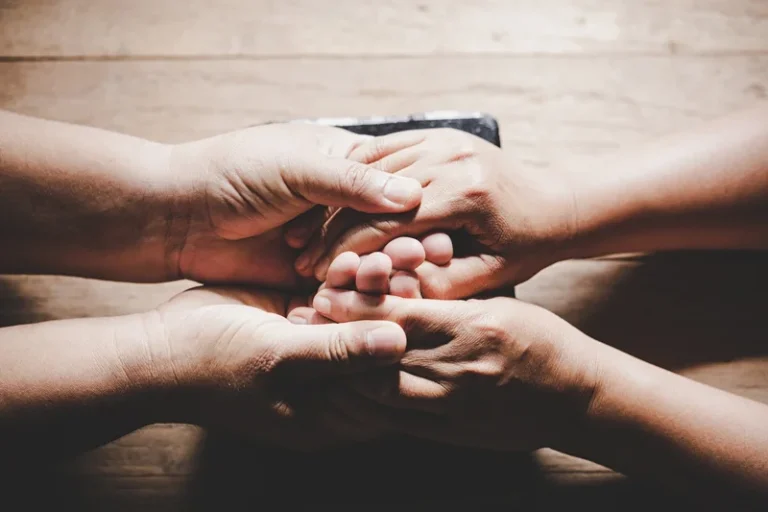
It does, however, mean that everyone gets heard, honored, and listened to. And, when and if possible – it’s important to make compromises that leave everyone empowered and in partnership. It takes courage to have these sweaty-palmed conversations (which sometimes take more than ten minutes, of course). More often than not, we’d rather be safe than risk looking bad, making things worse, or doing damage to ourselves, our relationships, and others.
- If someone you used to chat with a lot now sends short, vague messages, keeps canceling plans, or seems distant, they might be avoiding you.
- So, how can you find more adaptive ways of coping with rejection?
- Start with low-stakes situations to build your confidence.
- My compliment had only reminded her of how hard things had been.
- While this might offer temporary relief, it often creates barriers in communication, leading to unresolved issues.
- “If both of you are putting in effort, being honest, and showing a real willingness to grow, the friendship might be worth working on.
If your goal is to find happiness in daily life, say goodbye to these 8 habits
In both cases, these people use their personalities as a way to avoid difficult conversations. With compassion and a willingness to understand different perspectives, you can build Halfway house connections and have meaningful conversations, even with those who seem disinclined to chat. Meet people where they are, focus on listening, and create an open space for authentic dialog.
Short, closed-ended responses
When people avoid direct communication, it creates uncertainty, erodes trust, and makes others feel devalued or ignored. This can harm both personal relationships and professional dynamics, creating environments where people feel alienated or undervalued. In conclusion, effective communication is about listening as much as it’s about speaking. When someone avoids a question, it can be frustrating and cause confusion in a conversation. If this happens, it’s important to speak up and tell them how their behavior is affecting you.
Deciding on the Future of the Friendship

Boiling it down to its essence, effective communication in the workplace is fundamentally about respect. This simple act can dramatically improve your communication skills, enhance your relationships at when someone avoids conversation work, and help you be taken more seriously. By doing so, you’ll not only prevent unnecessary conflicts but also foster an environment of understanding and empathy. This doesn’t mean you can’t share your thoughts or ideas – just remember that conversation is a two-way street.
- Because, let’s face it, your personal brand isn’t just about your skills and achievements.
- However, if all your conversations at work revolve around you, it can give off the impression that you’re self-centered and not interested in others.
- They’re excited to see you, talk to you, spend time with you.
- It’s much easier and more socially acceptable to blame others when something happens we don’t like or to simply avoid dealing with a conflict.
- One-sided friendships can hurt your mental health and self-esteem.
As we grow closer to someone, our interactions naturally become more relaxed and informal. We let our guards down, allowing our authentic selves to shine through. This is when someone subconsciously creates distance between themselves and another person.

Tips for Recognizing When Someone Is Dodging a Question
- Build rapport by smiling, making eye contact, and leaning in to show you’re engaged.
- Signs someone doesn’t want to talk to you include paying attention to how they answer your questions.
- In both cases, these people use their personalities as a way to avoid difficult conversations.
- For example, Emily hesitates to discuss her mother’s care with her siblings, uncertain about their reactions and willingness to find a solution together.
However, it’s essential to keep cultural differences and personal comfort levels in mind, as not everyone is comfortable with maintaining direct eye contact. In this article, I’m going to unveil these 9 subtle behaviors that are often indicators of avoidance, based on psychological insights. Well, human behavior is a fascinating sphere, and it’s often the subtle signals that speak the loudest. The only real way to have a conflict resolved authentically is if it’s a true win-win for everyone involved. This doesn’t necessarily mean that each person gets his or her way.

